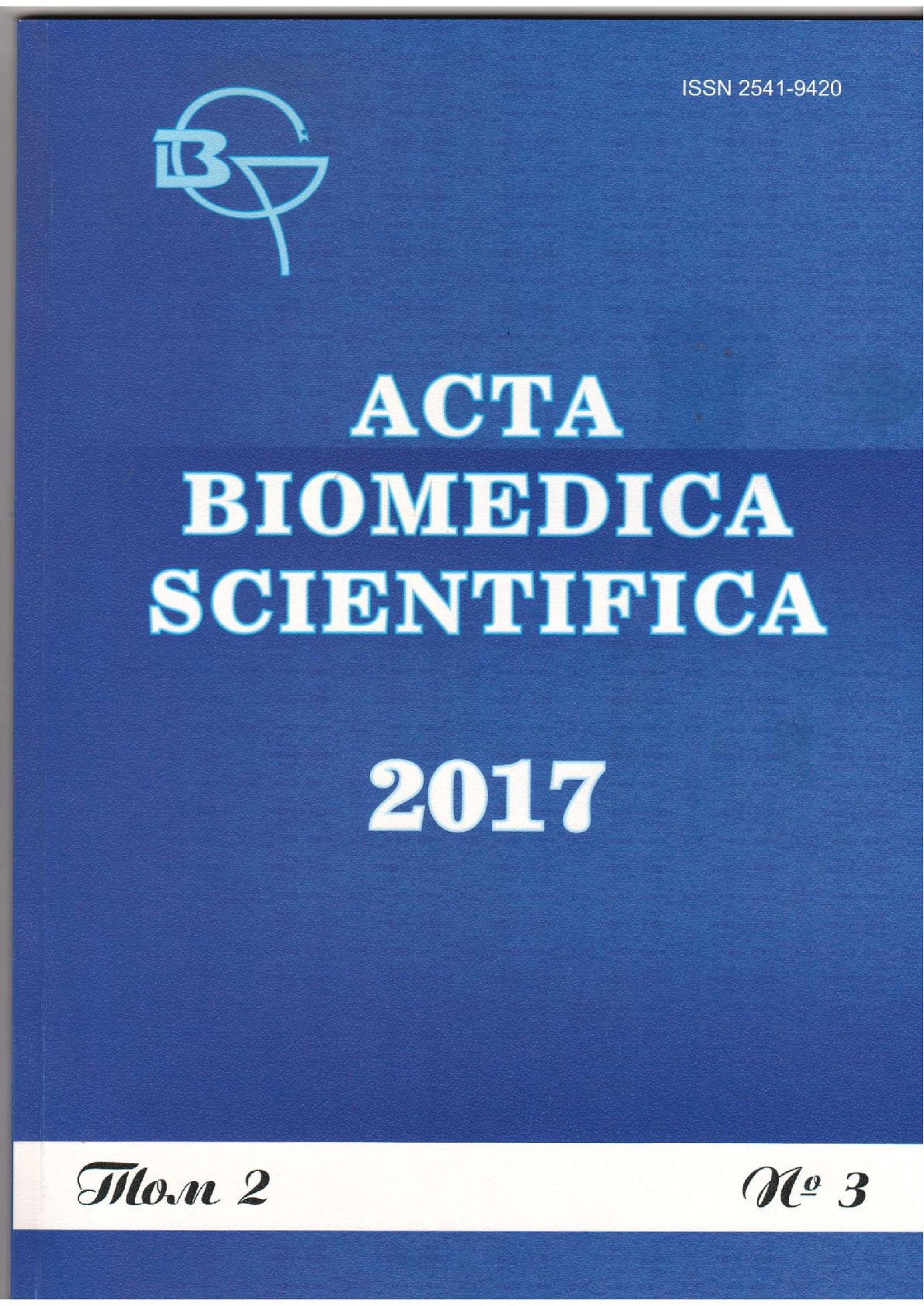Irkutsk, Irkutsk region, Russian Federation
Alcohol dependence syndrome is the important modern medico-social issues. In recent years, the problem of achieving remission with alcohol dependence has been given great attention, both in Russia and abroad. The duration, persistence and quality of remission are the indicators of effectiveness of alcohol dependence therapy. The possibility of an objective prediction of the outcome of ongoing therapy, the duration of remissions and the likelihood of relapses of alcohol depend- ence are urgent needs. Despite a large number of scientific studies, there is no single idea of the factors influencing the formation of remissions in patients with alcoholic dependence syndrome. The article presents the modern view on the terms and stages of the remissions formation in alcohol dependence syndrome, clinical-psychopathologic structure of remissions. Diagnostic assessment of the remissions is examined according to the current classifications of ICD-10 and DSM-V. Biological, personal, social and therapeutic factors of the formation of long-term remissions in patients with alcohol dependence are analyzed. Comorbid affective disorders, in particular, depressive and anxiety-phobic disorders, cerebral pathology (traumatic, hypertonic, vertebrogenic genesis), nicotine dependence, are attributed to factors in- fluencing the stability of the clinical picture of remission and causing a high risk of recurrence. Modern approaches to the prognosis of remission in alcohol dependence on the basis of a complex biopsychosocial approach are presented.
alcohol dependence syndrome, alcoholism, remission, long-term remission
1. Bryuhanova Petrun'ko - psiholog. i psihiatriya





